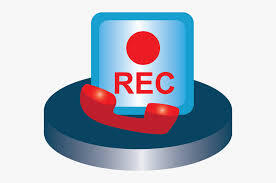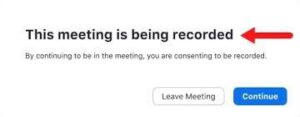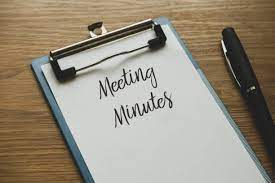 July 2024
July 2024
Virtual meetings are easily recorded. Choosing to record meetings, possibly providing them to owners, and determining if they are records of the corporation are difficult decisions for which there is currently no single approach.

Annual general meetings and others involving owners are frequently being recorded when utilizing Zoom and other virtual meeting technologies. One reason for making a recording is to assist in creating minutes of the meeting. In this context, recordings should be no different than personal notes taken by a minute taker, or an audio recording, used in the preparation of official minutes. They are intended for temporary use and can be destroyed once minutes are approved.
Not everyone is in agreement that video recordings can or should be treated in this way.
 Unlike written minutes which focus on business matters, recordings of entire meetings encompassing video and sound have multiple uses and capture information that may not be appropriate for sharing or distribution.
Unlike written minutes which focus on business matters, recordings of entire meetings encompassing video and sound have multiple uses and capture information that may not be appropriate for sharing or distribution.
Recordings of virtual annual general meetings can improve accuracy. Meeting minutes are not approved by owners until the next annual general meeting a year later. By this time, nobody recalls what was said or promised so acceptance of draft minutes is typically automatic. Maintaining a recording of the meeting and providing owners with access can ensure meeting minutes are more reliable and that errors are corrected.
Recordings can be useful to owners unable to attend a meeting. They can hear what transpired or what was said rather than relying on sparse and less comprehensive information contained in meeting minutes.
Once in existence, owners may request video recordings of meetings as records of the corporation. Providing them can be problematic. Some may question the accuracy or detail contained in meeting minutes which are official records of the corporation. These meeting minutes are not intended to serve as a verbatim account of a meeting. With access to a video recording, some may rely on wording or phrasing that has been taken out of context.
Treating video recordings of meetings as official records of the corporation potentially available to owners can have other unintended and undesirable implications. Meeting attendees uncomfortable with being recorded may not be willing to participate or speak openly at a meeting with the knowledge that whatever they say or do will be seen by those not in attendance. Debates and discussions may be less effective.
Until there is clear direction on the access or use of these recordings, it may be best to disable the recording feature during virtual meetings to avoid conflict. Once a record is created, it likely will have to be retained and made accessible to others under certain circumstances.








